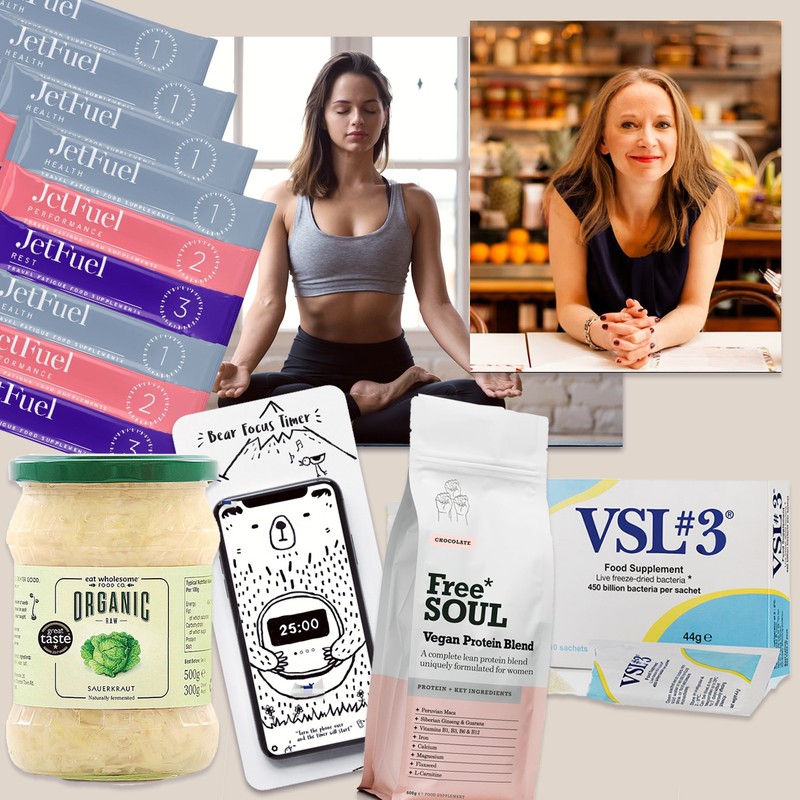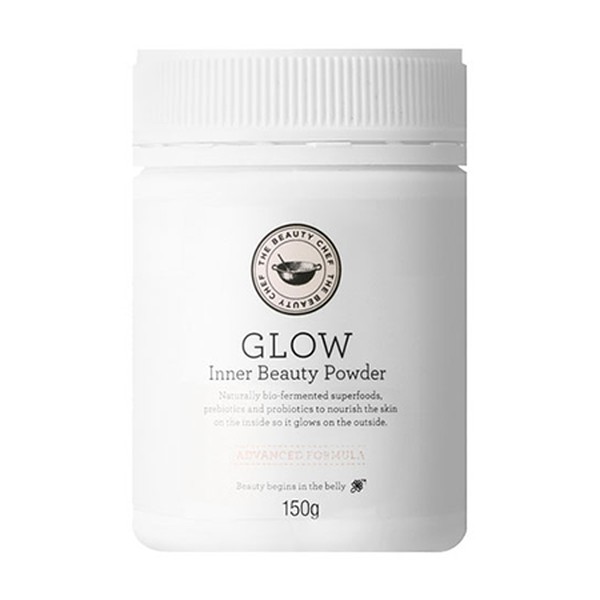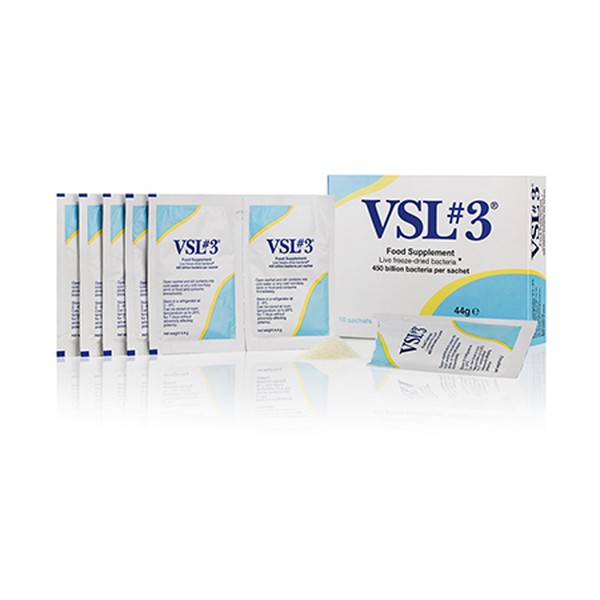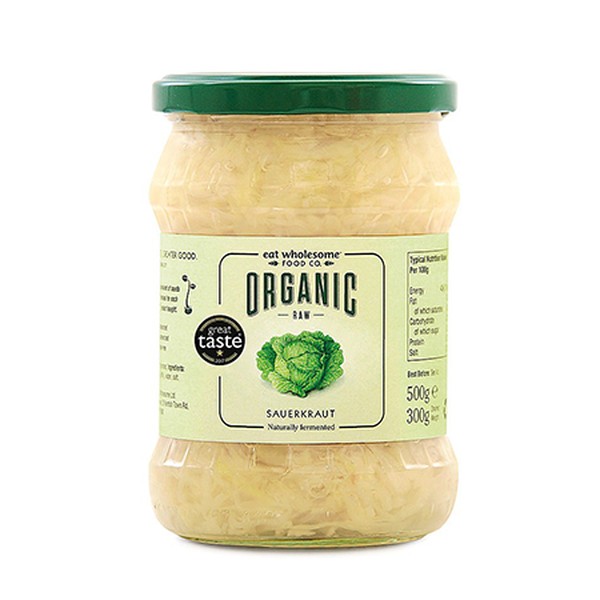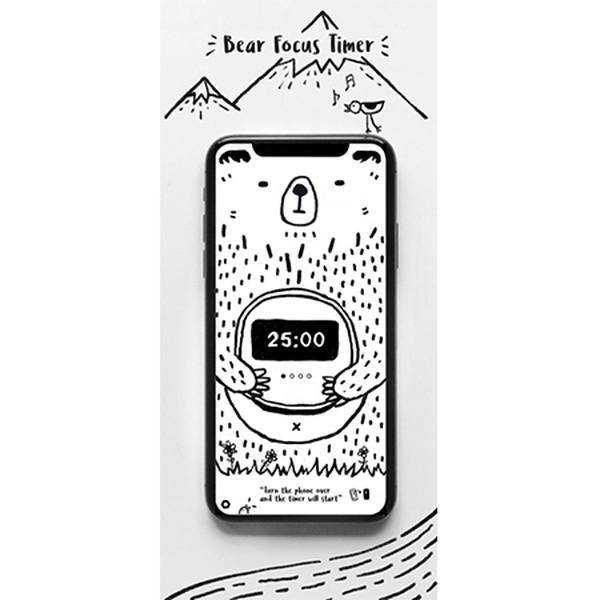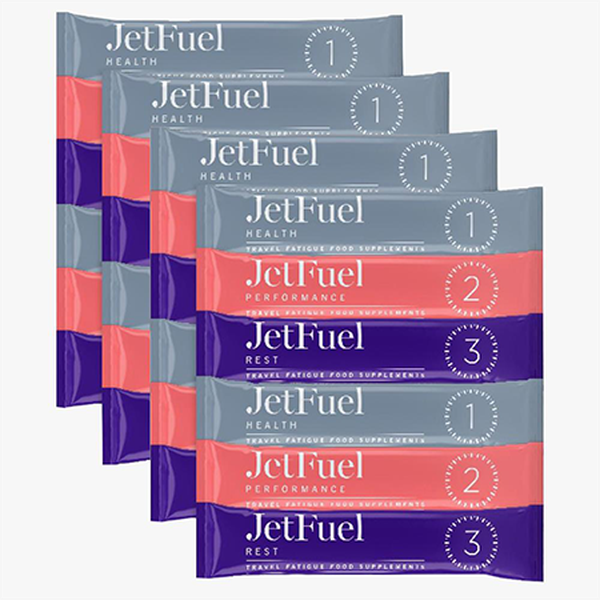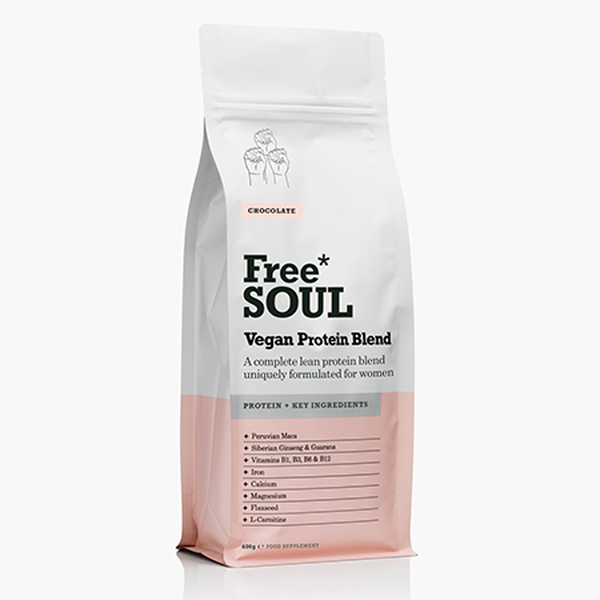9 Rules For Staying Physically And Mentally Resilient
DRINK YOUR VITAMINS
“As we recently discovered, health is only truly valued when sickness comes. Never has that been truer than living through these testing times forcing us to question what’s valuable to us. The answer? Our health is truly our wealth. Water is the building blocks of your cells carrying oxygen to organs, tissues and blood cells, promoting healthy function. For an additional boost, and to save time, add daily liquid or powdered vitamins, which absorb into the bloodstream approximately 90 to 98% faster than capsules and pills, with greater nutritional benefits. Invest in liquid, powdered vitamins and drink on-the-go with a refillable water bottle to avoid the hassle of swallowing large capsules, which can mentally feel like a chore.”
STAY ACTIVE
“Exercise has taken on a new meaning recently, and we’re using it more than ever to release and unlock happy endorphins to keep our spirits up. So now it’s all about doing what makes you feel good and happy which may be different to your normal workout routine. To build exercise into your daily lifestyle especially when at home, choose an activity you genuinely love, and schedule it in your diary as a mandatory event to look forward to, rather than viewing it as a chore. If exercise feels like too much of a mental barrier to overcome right now, reframe it as movement and do whatever it takes to move enough to feel better, more alive and less stagnant. Remember exercise slows down the release of stress hormones, which can aid overall immunity.”
EAT YOUR PROTEIN
“Aim for a daily minimum of 0.8 grams of protein per kilogram of bodyweight to support your immune system. Protein contains high amounts of zinc, a mineral that contributes to the protection of cells from antioxidative stress. Try to incorporate seafood, chicken, turkey, eggs and beans into your weekly meals and where necessary supplement with extra zinc. If you are very active, consider eating 1.2-2g of protein per kg of bodyweight daily. If you are vegan, remember you may be eating adequate amounts of protein anyway – the average recommended protein intake for an adult female is 52g, which is surprisingly easy to meet with foods like peanut butter, almonds, baked potatoes, lentils, beans, soy yoghurt and soy milk.”
THINK ABOUT PROBIOTICS
“Research supports the use of probiotics to promote gut health by creating a healthier balance of bacteria in your gut microbiome. At the same time, prebiotics work by increasing the population of ‘good bacteria’ in the gut, which in turn sparks the production of anti-inflammatory cytokines, tiny proteins that help the immune system function. Eat at least one daily serving of fermented foods such as yoghurt, sauerkraut, kombucha or kimchi, all of which are good sources of probiotics, or substitute with live bacterial culture supplements. The best ones are powdered sachets you mix with water, which absorb more efficiently. Good sources of prebiotics include onions, garlic, banana and asparagus.”
PRIORITISE SLEEP
“To support our immune system and performance, we need to manage fatigue, so slow down, rest up, replenish and refill. Sleep helps the body naturally heal and detoxify which is especially important when you’re stressed or anxious, as your body releases adrenalin and cortisol, both of which lower immunity. Sleep improves our mental and emotional health and maintains our bodies’ vital health functions. Major restorative functions in the body such as tissue repair, muscle growth and protein synthesis occur almost exclusively during sleep. Try to establish a daily wind-down routine and protect it, being as mindful of your schedule as you would a child’s.”
LEARN TO RELAX
“Rest is more than just sleep. Practising relaxation is paramount to managing stress, and that includes slowing our heart rate, reducing blood pressure and relieving tension. Relaxation also aids digestion as we absorb essential nutrients more efficiently when relaxed. It’s empowering to know you have the ability to calm yourself from outside stress. Schedule five minutes a few times a day to give your energy levels an active boost – whether it’s five minutes spent focusing on your breathing, meditation, stretching, visualisation, or being more mindful when outside.”
AVOID DISTRACTIONS
“It’s key to look after your mind, too, protecting your energy and cognitive focus. Distractions are productivity’s biggest enemy. Never have we experienced that more than juggling life, work, family and exercise during lockdown. It’s amazing how much we’ve achieved considering the interruptions of a temporary home office but as this becomes the norm, we need to find the most productive way of working. Give some thought to your home office and assess the sound, noise and lighting – are they configured to boost productivity? To work at your peak wherever you’re based, try relocating to the space where you feel most productive.”
SET BOUNDARIES
“Follow Warren Buffet’s advice and guard your time as your greatest commodity. Say no to everything that doesn’t push you in the direction of achieving your goals and focus on them without guilt. Try creating a simple schedule focusing on what matters most to you – live according to your values and purpose and say no to anything that doesn’t serve them.”
WORK SMART
“It sounds counterintuitive but taking more breaks boosts productivity and performance – we aren’t wired to concentrate for more than three hours at any one time. Anything beyond that, you’ll start to experience the negative effects of decision fatigue, lack of focus and even impaired vision. Try setting a timer for 25 minutes and knock off tasks until the timer rings; then take a five-minute break and start over. The key is to focus on short bursts to help concentrate without distractions.”
To support Papillon’s recommended pillars of health, performance and rest, SheerLuxe readers can get an exclusive 20% off 15th Degree JetFuel Hydration Food supplements and botanical infusion teas designed to JetFuel your life and be the best version of you. 5% from all orders are donated to NHS Charities COVID-19 Urgent Appeal.
Visit 15thDegree.com
*Features published by SheerLuxe are not intended to treat, diagnose, cure or prevent any disease. Always seek the advice of your GP or another qualified healthcare provider for any questions you have regarding a medical condition, and before undertaking any diet, exercise or other health-related programmes.
Shop Papillon's edit below...
DISCLAIMER: We endeavour to always credit the correct original source of every image we use. If you think a credit may be incorrect, please contact us at info@sheerluxe.com.
